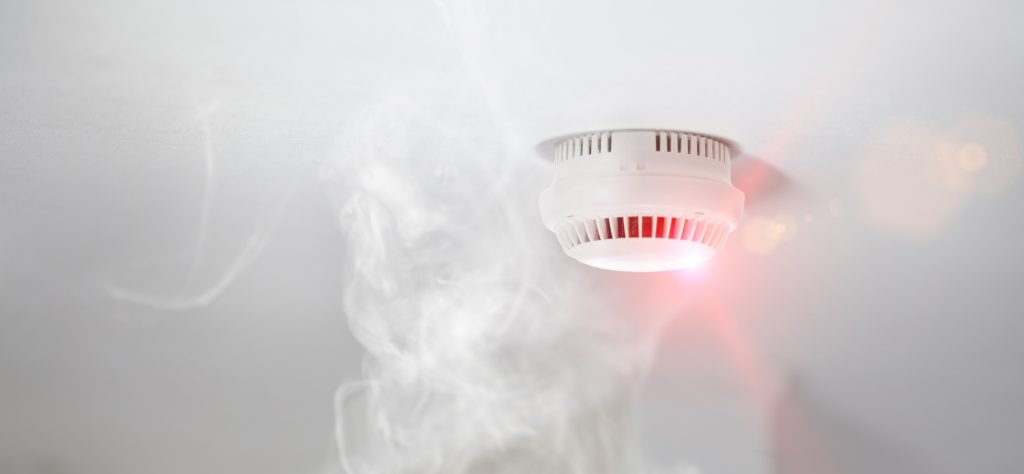
Fire Alarm Systems are designed to alert us to an emergency so that we can take action to protect ourselves, staff and the general public – they are an essential life safety system for your home or business. Fire alarms are a part of our everyday routine but are often overlooked until there is an emergency at which point, they could save your life.
What are the different types of fire alarm systems available?
All Fire Alarm Systems operate on the same principle – if a detector detects smoke or heat or someone operates a break glass unit, then alarm sounders operate to warn others in the building that there may be a fire and to evacuate. There are also options with some systems to incorporate remote signalling equipment which would alert the fire service.
There are different categories of Fire Alarm Systems:
- Conventional / Twin-Wire
- Analogue Addressable
- Wireless systems
Which fire alarm system best suits your needs?
If you don’t work within the fire control industry, it can be difficult to understand the terminology used to describe these systems and what each of them mean for your home or business. Here is some information on each;
Conventional:
A conventional system is a fire alarm that identifies the activated detector or manual call point by a zone LED, this is different to the text message shown on an LCD display used for on an addressable system.
These systems are very basic. The user would have to search the zone/area to either locate the activated device or the fire. This would increase the “seek and search” time on your property in the event of a fire, and especially if there are many devices on the system.
Best suited to: smaller offices, buildings, warehouses, shops and smaller business applications.
Analogue Addressable
Analogue addressable fire alarms can pinpoint exactly which detector within your building has been triggered and where the fire is located. They give specific information, which is why they are often referred to as ‘intelligent systems’.
Analogue Addressable systems can give advance warning of a developing hazard and pinpoint the individual device raising the alarm. It is possible to follow the spread or progress of a fire as individual detectors report conditions in their area and this could allow a phased evacuation and precise direction of fire-fighting teams.
Benefits of Addressable Fire Alarms:
• Early detection. Reduced damage to property
• Reduced alarm response time
• Reliability
• Flexibility
• Lower overall cost of wiring
• Better false alarm management
• Ease of use
Best suited to: large commercial premises where more complicated systems are required or where multiple systems are required to be networked
Wireless Systems
Wireless fire alarm systems work in much the same way as addressable fire alarm system, but instead of signals being transmitted by wiring, they are sent by radio-frequencies to a main control panel.
Wireless alarm systems work with your wifi to communicate with the control panel. If good connectivity is not available, the system would be ineffective. If the signal is weak, the units could drain their battery faster as they would be constantly searching for the signal (similar to your mobile phone when you can’t connect to the network). This causes concerns when it comes to battery life and replacements.
In terms of fire detection, wireless fire alarms are as reliable as hardwired alarms, and with regular maintenance, issues regarding battery life shouldn’t be a problem. To avoid coverage issues, it’s best to have an assessment done by a fire safety specialist to see whether wireless is a viable option for you at all.
Best suited to: Larger applications such as schools and universities. Due to their cable-free nature, wireless fire alarms are often the preferred choice for heritage or protected buildings as there is no need for unsightly cables and no damage caused by cable installation.
SR Fire and Security Top Tips
Choosing the right fire alarm system for your property can be tough, but that is why we offer free, zero obligation site visits, ensuring that a fire safety specialist is on site making these decisions for you. Every property is different, as are the needs of our clients, and we are happy to take the burden of these decisions out of your hands so you can get on with the day to day of running your business.
Get in touch today to book a free consultation with us.
